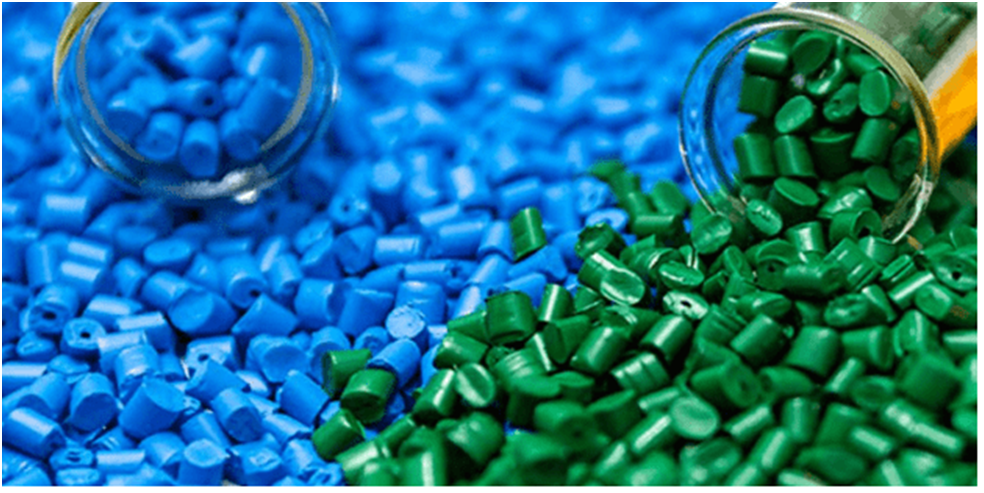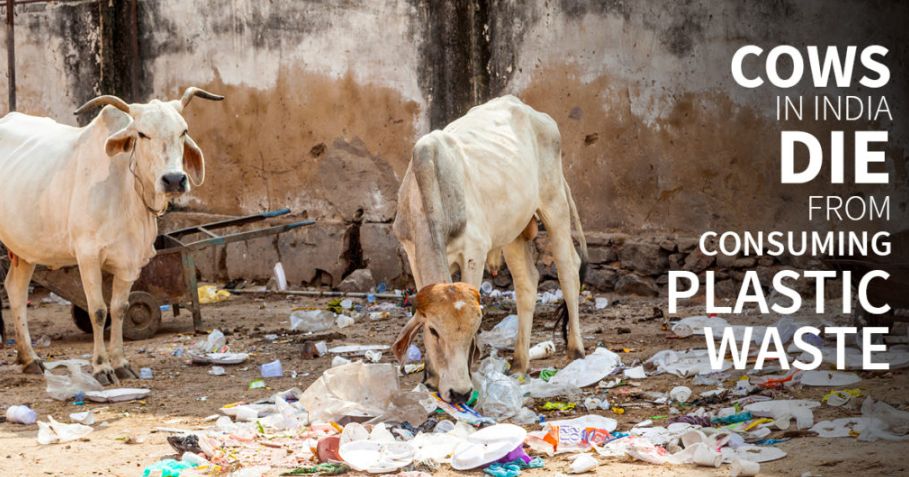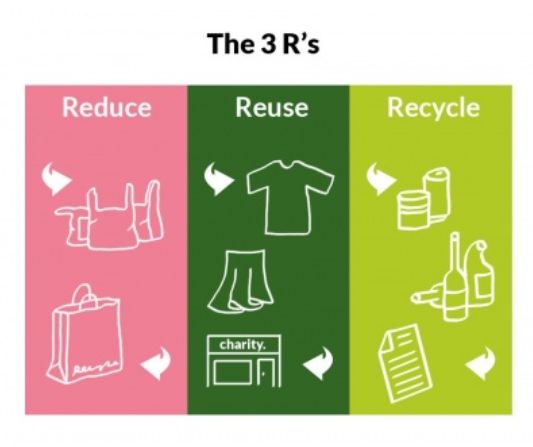- Books Name
- Class 6 Science Book
- Publication
- PathSet Publications
- Course
- CBSE Class 6
- Subject
- Science
Plastics – Boon or A Curse?

The plastic problem is mounting day by day. A huge amount of plastic is thrown away carelessly on the street and in water bodies and such irresponsible disposal of plastic can cause a number of problems:
- Animals and birds alike, in search of food, end up consuming some amounts of plastic due to which many of them end up choking on these.
- Although plastic bags seem convenient to store food items, consuming these are very harmful to our health.
- It gets worse when dirty and thrown away plastic bags are re-used upon mere dusting and washing them which is also very harmful.
- Upon burning or heating, plastics give rise to toxic and dangerous fumes and gases, which can potentially cause cancer in humans.
- Careless disposal of plastic on the roads also ends up choking the sewer and drainage systems.

Image 6: The plastic problem is very harmful for all beings alike
Plastic, while very harmful for the environment has become a very indispensable part of our daily lives and hence it becomes all the more difficult to replace or in some cases, even cut-back on our plastic consumption. Plastics have a lot of characteristic features which give it an edge over its metal counterparts.
Bioplastics have hence emerged as the most environment-friendly version of plastics which are made of biodegradable items such as corn starch, vegetable fats and oils and other kinds of food waste. Bioplastics take about three to six months to be decomposed fully as opposed to several hundred years taken by their synthetic counterparts.
After learning so much, it should be everyone’s top priority to do their bit in saving the environment:
- 3Rs- Reduce, Re-use and Recycle. Reducing the use of plastic and re-using harmless plastic to help reduce its over-production. Recycling paper and such articles whenever possible.
- Carrying jute and cloth bags when carrying out errands to avoid the use of polythene bags.
- Properly disposing plastic and polythene bags
- Not using plastic products and bags to store eatables.
- Never burning plastic or dry leaves etc. and disposing them properly.
- Using registers and notebooks made of recycled paper as much as possible.
- Avoid putting waste materials in polythene bags and throwing them on the street.
- Adopting practices like recycling paper and vermicomposting to make the best use of biodegradable waste. This not only helps to reduce the waste that we produce but also becomes a valuable addition to the soil and helps in the nourishment of crops and plants.

Image 7: Adopting environment-friendly practices benefits us all

Reducing the use of plastic and re-using harmless plastic to help reduce its over-production. Recycling paper and such articles whenever possible.
- Carrying jute and cloth bags when carrying out errands to avoid the use of polythene bags.
- Properly disposing of plastic and polythene bags
- Not using plastic products and bags to store edibles.
- Never burning plastic or dry leaves etc. and disposing of them properly.
- Using registers and notebooks made of recycled paper as much as possible.
- Avoid putting waste materials in polythene bags and throwing them on the street.
- Adopting practices like recycling paper and vermicomposting to make the best use of biodegradable waste.
This not only helps to reduce the waste that we produce but also becomes a valuable addition to the soil and helps in the nourishment of crops and plants.

 PathSet Publications
PathSet Publications
